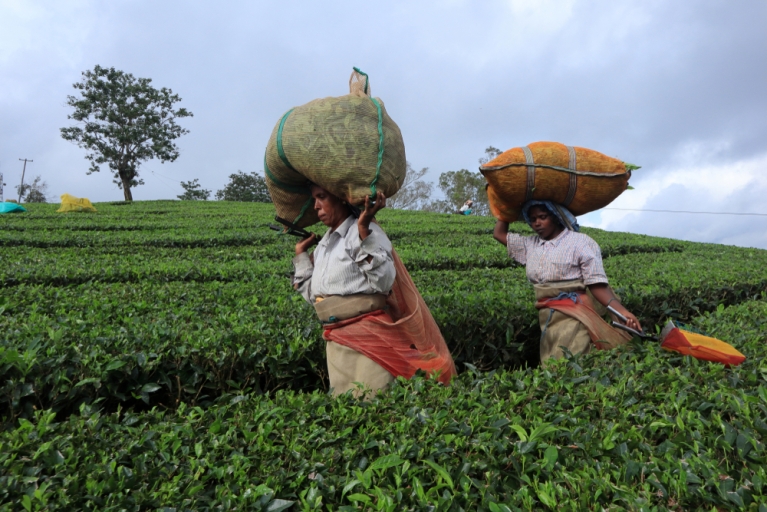
Responsible purchasing practices enable action on root causes of GBVH and support sustainable production.
Purchasing practices impact working conditions across the supply chain. Prices below production costs can result in wage cuts or workforce casualisation to reduce businesses costs, placing workers in greater positions of vulnerability. Frequently this is gendered in process and impact, with men overrepresented in permanent and higher paid roles, and women overrepresented in entry level, casual and low paid roles, vulnerable to exploitation by perpetrators of GBVH.
Unrealistic order timelines can add pressure throughout the supply chain, placing pressure on management and supervisors that can result directly in GBVH or increase the risk, such as greater reliance on short-term, temporary labour solutions and excessive working hours to meet deadlines.
Responsible purchasing practices —through stable orders and fair prices that cover production costs—support decent work, reduce exploitation risks, and enable long-term investment in addressing the root causes of GBVH.
5.1 Review purchasing practices and the link to GBVH risk management as a business.
- Commit to reviewing and improving purchasing practices in line with the Common Framework for Responsible Purchasing Practices in Food1. Ensure all departments (e.g. compliance, human rights, commercial, legal) understand and address the links between purchasing practices and GBVH in a coordinated way.
5.2 Assess if commercial practices support sustainable production and contribute to decent work.
- Assess if practices, including prices, allow partners to provide decent working conditions (e.g. living wages, job security) and meet environmental and social standards, engage in due diligence activities, including prevention.
- Examples include asking specific questions as to whether the costs for prevention (training), mitigation (direct recruitment) and remediation have been included during price negotiations.
5.3 Consider supply chain partners’ transparency and commitment to GRHRDD in commercial decisions.
- Recognise and support partners investing in GBVH prevention with workers and their representatives/trade unions, considering this in sourcing decisions alongside other commercial factors.
- For example, engage with business partners, workers and their representatives/trade unions and external stakeholders (such as NGOs) to evaluate the progress.
Respond to honest disclosures of challenges (as per Principle 10.2) with support, fostering shared responsibility and recognising that sustained business stability enables partners to address GBVH.
